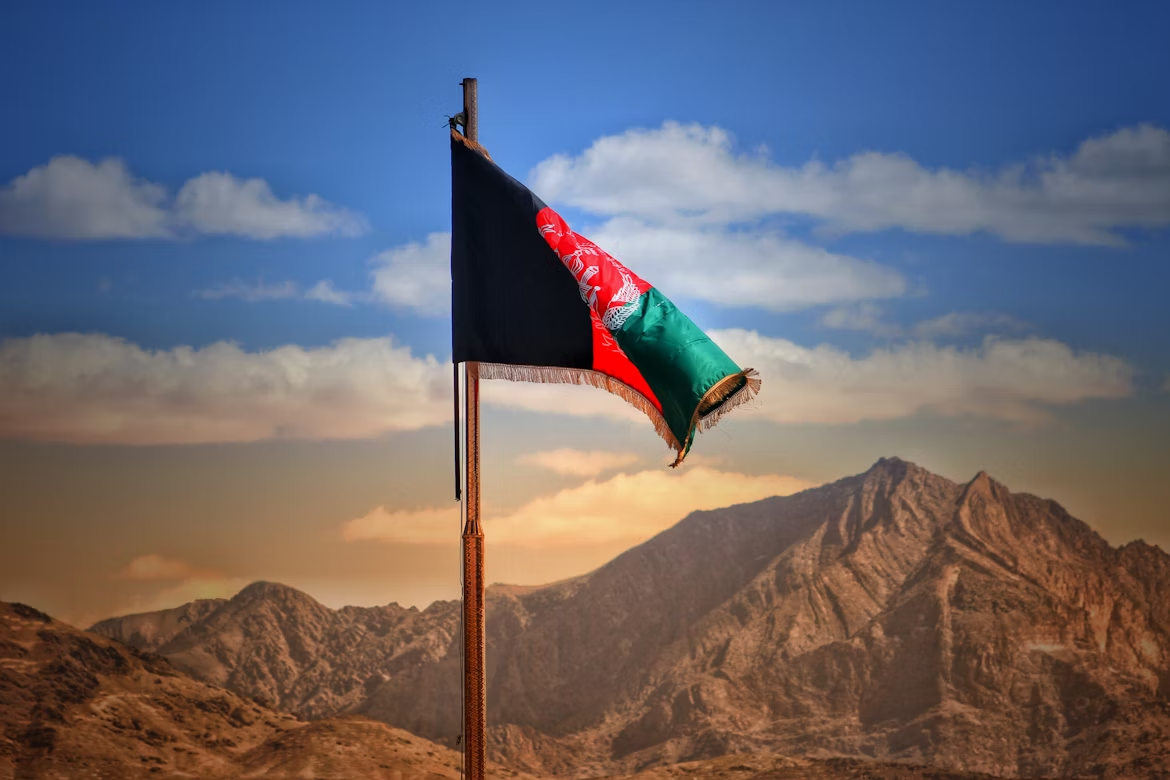Tanzania is facing a nationwide internet shutdown that began as citizens headed to the polls in a tense general election. Connectivity across the country has been severely disrupted, with platforms like X (formerly Twitter), WhatsApp, and Instagram rendered inaccessible.
The blackout, confirmed by monitoring group NetBlocks, has left journalists, election observers, and citizens in Tanzania struggling to share updates as reports of protests and unrest spread. The government has reportedly deployed the army, deepening concerns over efforts to control information during this volatile period.
The move mirrors a growing global pattern where authorities restrict internet access during elections and political crises to curb dissent and manage narratives. Amnesty International has condemned the shutdown, warning that it risks escalating tensions and violating citizens’ right to information.
‘Authorities must ensure full internet access and allow free reporting before, during, and after the elections,’ said Tigere Chagutah, Amnesty’s Regional Director for East and Southern Africa.
Tanzania’s blackout follows similar crackdowns elsewhere, such as Afghanistan’s total internet shutdown, which left citizens completely cut off from the world.
These incidents underscore the fragility of digital freedoms in times of political turmoil. When governments ‘pull the plug,’ societies lose not only communication but also trust, transparency, and the fundamental ability to hold power to account.
Would you like to learn more about AI, tech, and digital diplomacy? If so, ask our Diplo chatbot!










